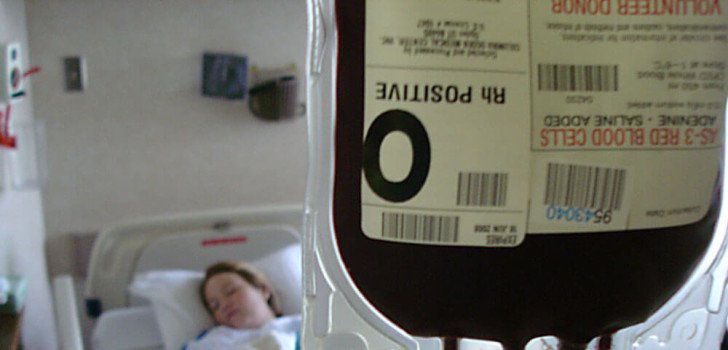In response to a record shortage of blood donations and improved blood testing procedures, the U.S. Food and Drug Administration have proposed lifting the ban on blood donations from gay and bisexual men.
Every year there are 15.7 million blood donations while the risk of contracting HIV from a blood transfusion sits at just 1 in 2 million.
The ban was enacted in 1983 during the HIV/AIDS epidemic, banning all men who have had sex with other men since 1977 from donating blood.
In December 2014 the agency proposed lifting the man, so long as the men donating the blood have not had sex with another man in the past 12 months.
On Friday the FDA issued a draft guidance recommending the change, which would bring the U.S. in line with blood donation regulations for gay and bisexual men in the UK, Australia, Sweden and Argentina, and many other developed countries.
Men who have tested positive for HIV, engaged in commercial sex work or non-prescription injection drug use would still remain indefinitely banned from blood donation.
There is a major need for blood donations, with am American needing a blood transfusion every 2 seconds across the country. The American Red Cross, the American Association of Blood Banks (AABB) and America’s Blood Centers all welcomed the FDA’s draft guidelines.
“The top priorities of the blood banking community are the safety of our volunteer blood donors and the ultimate recipients of blood,” the organizations said in a joint statement. “This change in policy would align the donor deferral period for men who have sex with men with criteria for other activities that may pose a similar risk of transfusion-transmissible infections.”
Gay rights activists, who have campaigned for changes in blood donation regulations for many years, believe these new guidelines are still not acceptable.
Human Rights Campaign (HRC), the largest lesbian, gay, bisexual and transgender equal rights group in America, said that while the new policy is a “step in the right direction,” he believes it “falls far short” as it continues to stigmatize gay and bisexual men.
Yet such changes may be slower than prevailing social attitudes because medical science tends to lag behind popular opinion or knowledge. Understanding new diseases, their risk factors and then developing effective mitigation strategies can take decades, while changes to regulations can take years.
Stay Connected